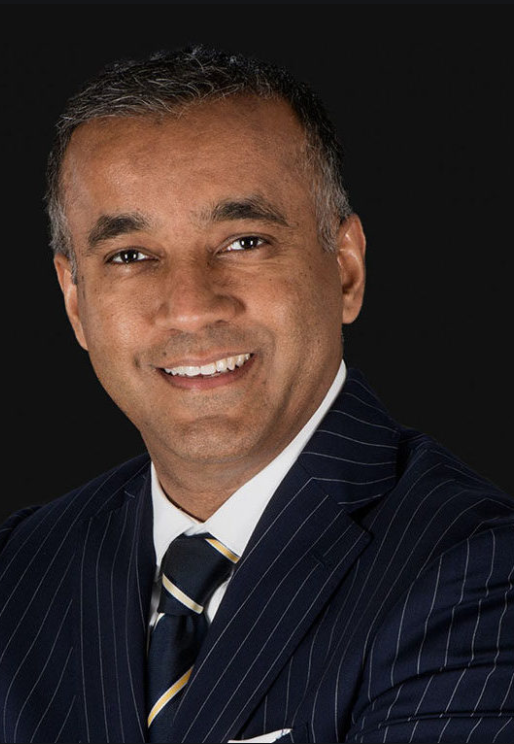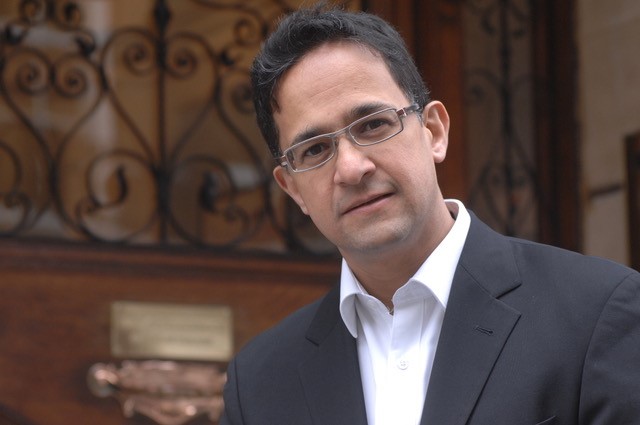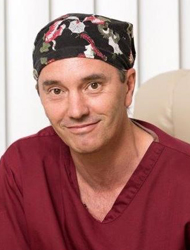Frequently Asked Questions
How do I know if I am a good candidate for plastic surgery?
Plastic surgery is a personal choice, and there are several factors that determine whether it is right for you. It is important to already have good physical health with no pre-existing medical conditions that may hinder your recovery process. You should also understand that while cosmetic surgery can often help boost confidence, it is not necessarily a cure for low self-esteem, and you will need to manage your expectations around this. Lastly, it is important to have a clear understanding of the risks associated with plastic surgery. A discussion with one of our surgeons will help to shed light on whether or not you are a suitable candidate for surgery.
What are the potential risks and complications of plastic surgery?
Patients need to be aware of the risks of plastic surgery before going ahead with their procedure. Risks can depend on the type of surgery, and the patient’s general health, but typical risks of plastic surgery include:
- Infection: Infections can sometimes occur after surgery, which would require antibiotics to treat
- Allergic reaction to anaesthesia
- Blood clots: Blood clots can form in the legs and can be potentially life-threatening but carefully following all post-operative advice from your surgeon will minimise your chance of blood clots
- Scarring: most surgical procedures involve some degree of scarring, which you will need to be prepared for. The extent of your scarring will depend on your type of surgery.
- Adverse reaction to materials such as silicone or saline used in breast augmentations
By choosing a highly qualified and experienced surgeon and closely following all pre and post-operative guidance, you will significantly reduce your chances of experiencing any complications during your surgery.
What can I expect during the consultation process?
Your initial consultation will be an opportunity to get to know the surgeon, discuss your goals, and make an informed decision about whether to go ahead with the procedure. Your surgeon will advise you on all the surgical options available to you and make you aware of what the surgery will involve. They will go through possible risks associated with the surgery to ensure that you are fully informed before making your decision.
After surgery, you will have a follow-up consultation so that your surgeon can assess the results of the surgery and make sure that your recovery is progressing as it should. At this point, they can also check for any signs of infection or other issues.








